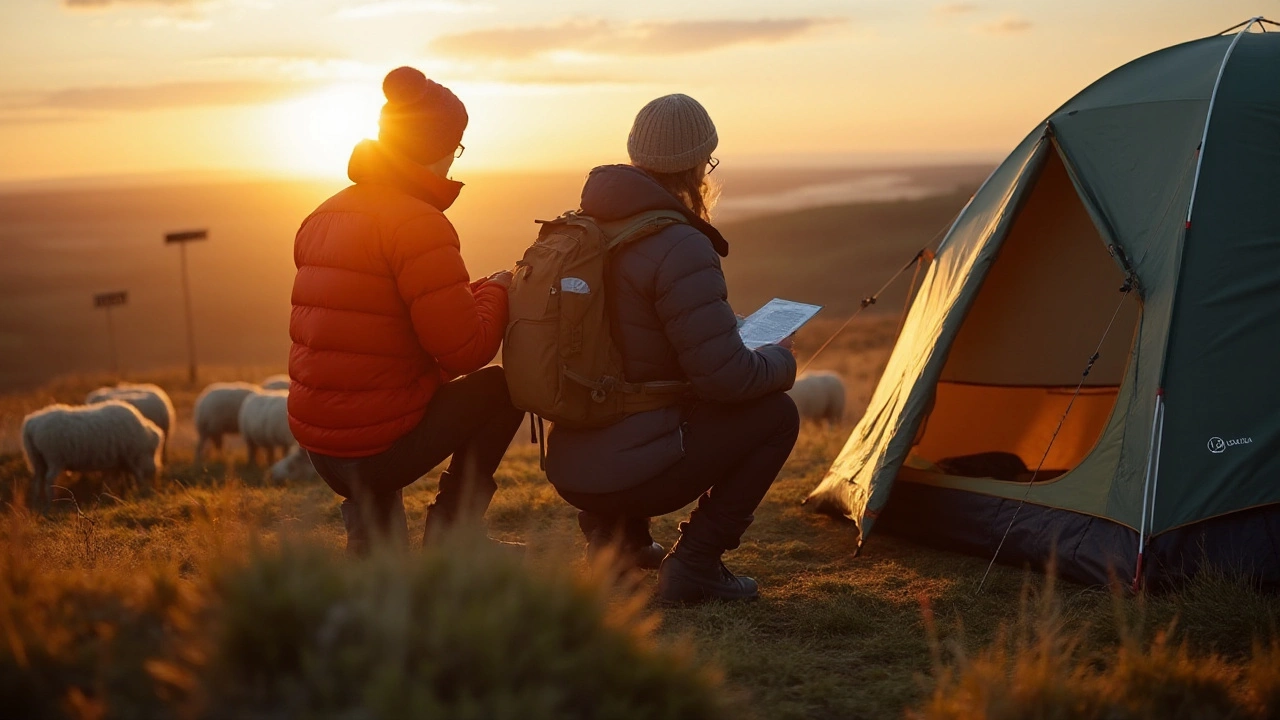Camping Laws UK – What You Need to Know
If you’re planning a road trip in a motorhome or want to pitch a tent in the countryside, the first thing to check is the law. The UK has clear rules about where you can stay, what you can do in a motorhome, and how to avoid fines. Getting these basics right means you can focus on the views instead of worrying about tickets.
Wild Camping Rules
Wild camping is allowed in some parts of England, Scotland, and Wales, but not everywhere. In Scotland you have the right to camp on most unenclosed land, as long as you follow the “leave no trace” principle and stay away from private houses. England and Wales are stricter – you usually need the landowner’s permission, except in specific areas like Dartmoor or parts of the Lake District where local bylaws allow it.
Before you set up, look for signs that say “No camping” or check the council’s website. If you’re unsure, ask a local shop or farmer. A night’s stay on a public footpath is often tolerated, but staying longer than 24 hours can attract a fine. Keep your fire small, use a portable stove, and pack out all litter.
Motorhome & Campsite Regulations
Driving a motorhome in the UK comes with its own set of rules. You must wear a seatbelt at all times, and children under 12 must sit in an appropriate child seat. Trying to walk around the cab while the vehicle is moving is illegal and can lead to a penalty.
At a campsite, you’ll usually need to hook up to electricity using the standard 13‑amp plug. Some sites use the 33/38 rule – that means the electric hook‑up limits you to 33 A for heating and 38 A total draw. Knowing this helps you avoid overloading the system and getting cut off.
When you park overnight in a motorhome on a public road, check for signs that prohibit overnight stays. Many towns have “no overnight parking” restrictions, especially near city centres. If you’re unsure, look for designated motorhome bays or pay a small fee at a nearby car park.
Other common mistakes include using the toilet while the vehicle is moving, which can be unsafe, and setting up a campsite too close to a water source, which can cause flooding or damage. Keep a safe distance, follow the site’s layout, and respect quiet hours – usually after 10 pm.
Finally, remember that every council in the UK may have its own extra rules. Before you head out, spend a few minutes checking the local authority’s website for the area you plan to visit. It’s free, quick, and saves you a lot of hassle.
By sticking to these guidelines, you’ll stay on the right side of the law, protect the environment, and enjoy a smoother adventure across Nottinghamshire and the rest of the UK.
